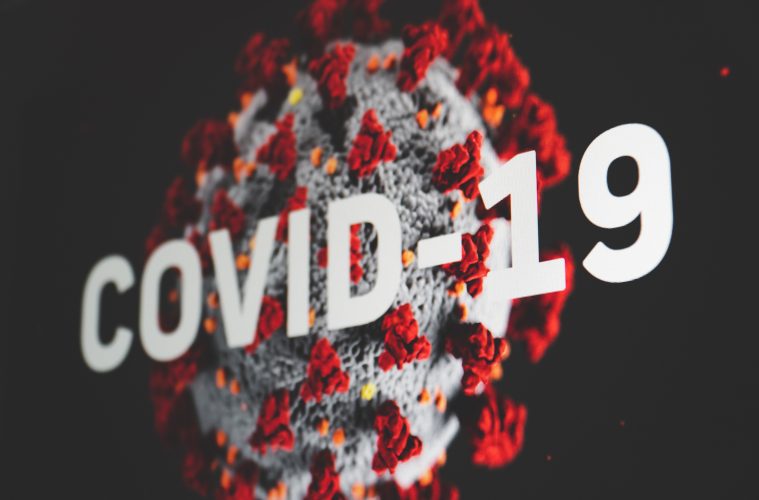No further cases of a Coronavirus (COVID-19) Variant of Concern first identified in Manaus, Brazil, have been identified in Scotland.
The three Scottish residents who initially tested positive for the P1 variant remain the only cases to test positive for this strain. All three self-isolated in managed quarantine organised by their employer on arrival in Scotland for the required period of 10 days.
Active contact tracing of passengers on the flight has now ceased, but we are still asking anyone on flight BA1312 from London Heathrow to Aberdeen on 29 January who has not yet been contacted to call the national contact tracing centre on 0800 030 8012.
Heath Secretary Jeane Freeman said:
“As at 09.30 on 6 March, 69 individuals have been successfully contacted out of the 90 people, including 3 crew, who were on flight BA1312 from London Heathrow to Aberdeen on 29 January. There is no evidence of any community transmission of the P1 variant so far, and I am grateful to health protection teams, local clinicians and contact tracers for their efforts to contact the remaining passengers.
“Since sequencing of the P1 variant was confirmed on 27 February, enhanced contact tracing has identified around 300 further contacts or contacts of contacts who, where appropriate, were offered testing on a precautionary basis and advised to self-isolate. We have used all available options and done everything possible to contact all passengers, including referring to flight manifests and telephone information from the Community Health Index to make contact. Some passengers only have international telephone numbers so it is possible they are no longer in Scotland.
“A school was identified when tracing contacts of contacts as part of this enhanced contact tracing work. While we are not confirming which school due to the risk of identification of pupils, staff and their families, we can confirm that the risk to them is very low. This is not standard practice and was only carried out for these cases as an additional precaution.
“The COVID vaccination programme is one of three key ways we are working to beat this virus, along with our expanded testing programme to identify cases and break chains of transmission, and the important lockdown restrictions everyone in Scotland must follow. These three strands – following expert advice and guidance to suppress the virus, using our expanded testing programme to identify cases and break chains of transmission and rolling out vaccination as fast as supplies allow – are the three critical actions that will see us move, step by step, to protect the public, save lives and a brighter year ahead.”
Source: Photo by Martin Sanchez on Unsplash


